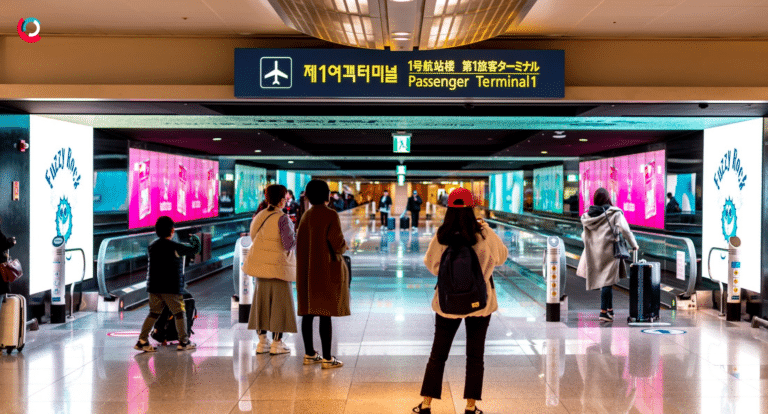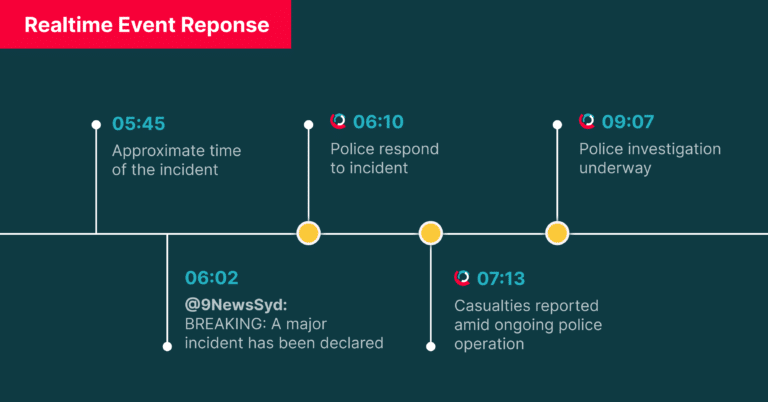By Bumjoon Park
Recent suspensions of visa issuance
South Korean officials suspended the issuance of most short-stay visas in China on 1 January, ahead of China’s planned lifting of COVID-19-related travel restrictions amid concerns over the credibility of China’s reported COVID-19 cases and deaths.
Chinese officials responded by suspending the issuance of their own short-stay visas for South Korean nationals in South Korea and even suspended China’s transit visa exemption schemes as well as the issuance of on-arrival visas for inbound South Koreans.
South Korean officials recently extended their suspension until the end of February with the stipulation that it could be lifted earlier if the COVID-19 situation improves in China, while Chinese officials indicated that their suspension will continue until what they call “discriminatory measures” by South Korean officials are lifted.
Chinese officials also temporarily made the same suspensions for Japanese nationals
…even though Japanese officials did not suspend any visa issuance in China. Japanese officials did, however, newly impose COVID-19-related testing requirements for inbound travellers from China, which Chinese officials claimed to be discriminatory. While Chinese officials did not specify the reason, the suspensions were recently lifted for Japanese nationals following Japanese officials’ protest of the suspensions as having nothing to do with COVID-19.
South Korea was the only country that has recently suspended the issuance of visas in China and consequently the only remaining target of China’s reciprocal suspensions at the time of this writing. Perhaps South Korean officials expected many other countries to follow in similarly suspending visa issuance, making it difficult for Chinese officials to reciprocate against so many countries.
It is likely that the main purpose of China’s reciprocal suspensions is to deter such additional suspensions, rather than to purely maintain proportional visa policies. This is because national or government interests and goals, not proportionality or reciprocity, are the main factors that decide a country’s visa policy.
Although it did not come to be, another example of a country’s visa policy being considered a tool for achieving national interests can be seen in the case of Japan when then-Deputy Prime Minister Taro Aso mentioned the possible suspension of visa-free entry for South Korean nationals in May 2019, as a means to deter the South Korean government’s potential seizure of Japanese company assets in South Korea over the issue of forced labour of South Korean nationals during World War II.
Are visa policies always so volatile?
It is always possible for visa policies to change on short notice. Despite recent examples, most countries would want to maintain a stable visa policy to encourage international tourists to visit and businesses to operate. Nonetheless, organisations with regular international travel as part of their operation need to be up to date with changes in international relations as well as domestic politics of their countries of interest in case of corresponding changes in visa policies and prepare contingencies.
Summary
Both South Korean and Chinese governments will consider the economic impact of the ongoing visa dispute and the epidemiological risk for COVID-19 from increased travel as well as public opinion among other things in deciding when to resume the issuance of short-stay visas.
Bumjoon Park is a Japan-based political and security risk analyst covering East Asia.

